
Competitive Strategy
Techniques for Analyzing Industries and Competitors
Used by permission
ISBN: 9780684841489
Pages: 396
Recommendation
This seminal book is a classic and ought to be read by anyone in business. Michael E. Porter's ideas on competitiveness have lost little relevance despite the fact that he first advanced them in this book in 1980. They have now become so much a part of business practice and business language that one reads the book more with a sense of recognition than a sense of discovery. His prose style is clear and straightforward, albeit somewhat plodding, and the book can tend to repeat itself. However, Porter's clarity is a welcome change from the murk you encounter in many other books on business strategy, and his repetition serves a useful pedagogical purpose. getAbstract highly recommends this excellent book. If you're in business, it's relevant.
Summary
About the Author
Michael E. Porter is the C. Roland Christensen Professor of Business Administration at the Harvard Business School. He has received the Wells Prize in Economics, the Adam Smith Award, three McKinsey Awards and numerous other honors.







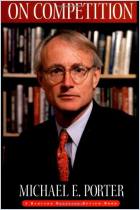
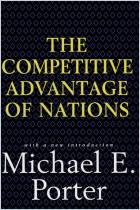
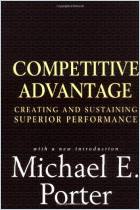
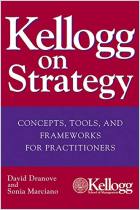
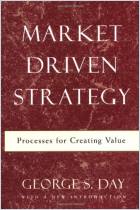
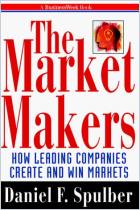
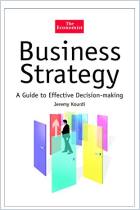
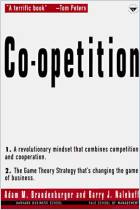
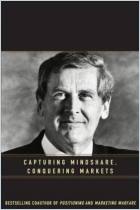





Comment on this summary or Start Discussion